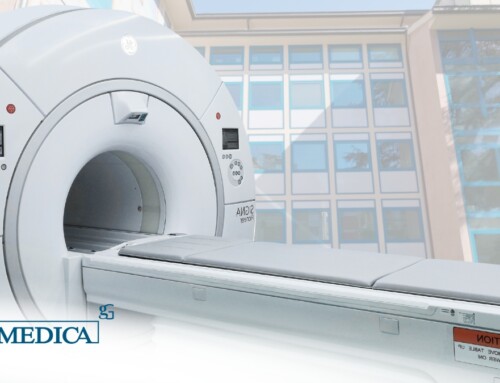
Articolo del 11/07/2025
Recurring Issues Like Abdominal Bloating, Chronic Fatigue, Headaches, Irritability, or Skin Problems May Often Stem from a Frequently Overlooked Cause: Food Intolerances.
Unlike allergies, food intolerances do not trigger an immediate immune response but cause slow, persistent reactions that are often difficult to directly link to the foods we consume.
Understanding whether—and which—foods your body struggles to tolerate is the first crucial step toward restoring wellness, energy, and digestive health.
Which Blood Tests Are Recommended for Detecting Food Intolerances?
We discuss this with Dr. Anna Persechino, medical biologist and Head of the Analysis Laboratory at Ars Medica Clinic.
Blood tests are among the least invasive and fastest methods to identify potential sensitivities or intolerances to substances that are not part of your everyday diet.
Recommended Blood Tests for Food Intolerances Include:
-
Food Intolerance Screening: Tests for reactions to 287 different food molecules that may cause intolerance.
-
Bio Test Mesure: A genetic test analyzing the intestinal microbiota through a stool sample, using advanced “Shotgun Whole Genome Sequencing (WGS)” technology.
-
Antibody Tests for Celiac Disease: Including anti-transglutaminase, anti-gliadin, and anti-endomysium antibodies.
-
Genetic Testing for Celiac Disease Predisposition: Detects mutations in the HLA-DQ2 and DQ8 genes.
-
ALEX Test: A cutting-edge diagnostic test for identifying food allergies. This comprehensive multiplex molecular test examines hundreds of allergens simultaneously from a simple blood sample, analyzing around 300 molecules.
Many of these tests can be performed at the clinic with a physician’s referral and are covered by the National Health Service (SSN).
Recognizing food intolerances can be the key to resolving chronic symptoms and significantly improving quality of life. Thanks to modern diagnostic tests, Ars Medica offers precise and non-invasive identification of substances that the body struggles to process.
Relying on qualified professionals and specialized laboratories allows patients to embark on a personalized journey toward wellbeing—starting with nutrition. If you suspect you may have a food intolerance, consulting your trusted physician is the essential first step to obtaining the appropriate tests and regaining balance and health.









